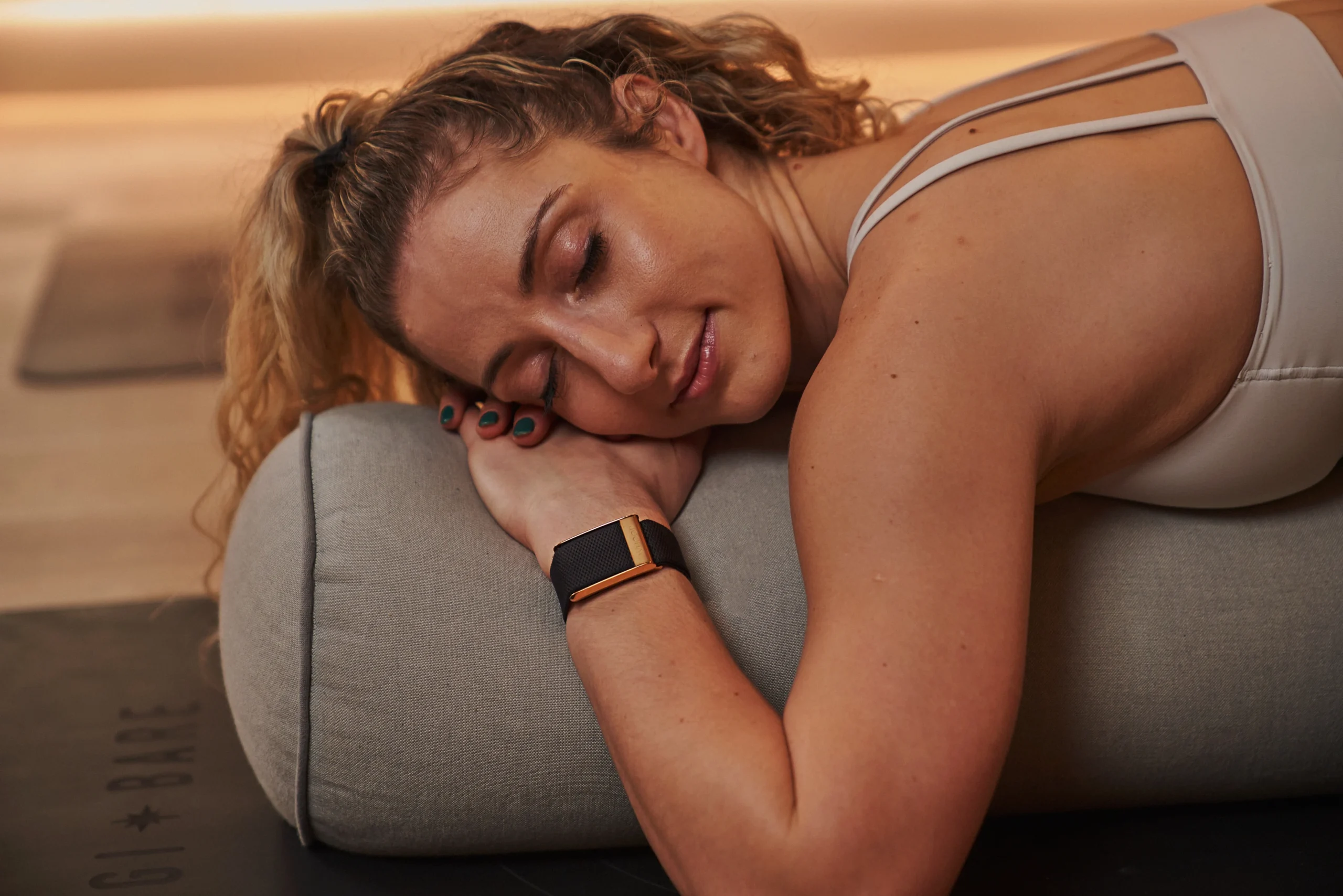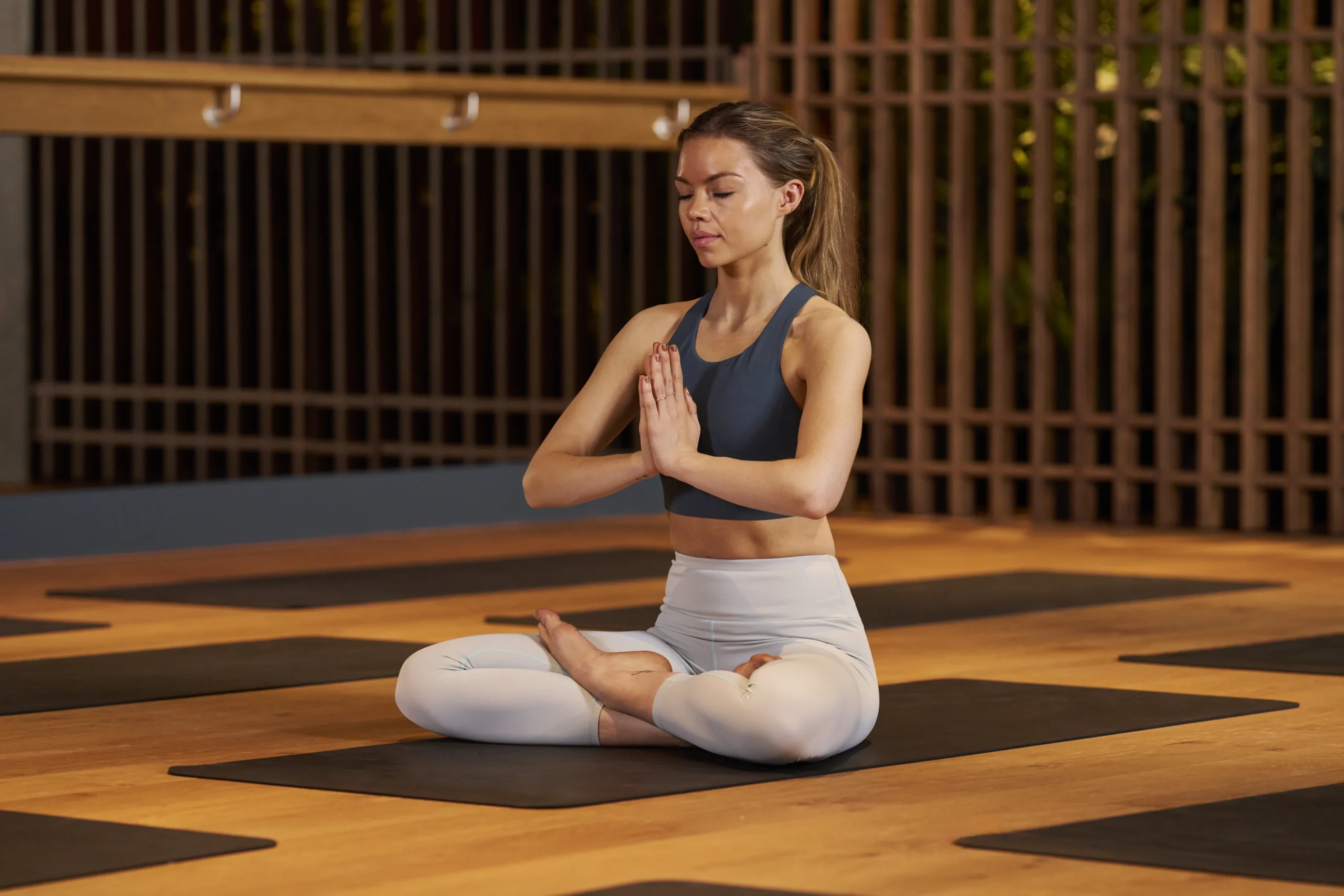- Linkedin Share
- Twitter Tweet
- Email Share
- Copy link Copy link Copied to clipboard
Struggling to get out of bed? You’re not alone — and science might offer some insight. Recent research suggests that women may need slightly more sleep than men — around 11 minutes more on average — due to a combination of biological, hormonal and cognitive factors. While the general recommendation for adults is around eight hours of sleep per night, this one-size-fits-all guidance doesn’t account for gender-based differences in how we rest and recover. Although viral claims suggest women need up to two extra hours, the current evidence supports a smaller but still meaningful difference.
Biological and Hormonal Influences on Sleep
A significant factor in women’s increased sleep needs is their hormonal cycle, which directly impacts sleep quality and duration. Hormones like oestrogen and progesterone, which fluctuate during the menstrual cycle, pregnancy and menopause, play a crucial role in sleep patterns. For example, progesterone — which rises during certain phases of the menstrual cycle — has a sedative effect, promoting deeper sleep. However, when oestrogen levels drop, especially around menstruation or menopause, sleep disturbances are common, leading to lighter sleep and more frequent wakefulness. Pregnancy and menopause also introduce further hormonal shifts that can disrupt sleep. During pregnancy, women often experience insomnia or wake up frequently due to discomfort, particularly in the later stages. Similarly, menopause can trigger hot flashes and night sweats, both of which interrupt sleep. These interruptions create a greater sleep deficit, which may explain why women often require more time to recover through sleep.
Sleep Disorders and Mental Health
It’s also important to note that women are more prone to sleep disorders than men, which further complicates their sleep needs. Insomnia, for example, is 40% more common in women, and conditions like anxiety and depression — which women are twice as likely as men to experience — can disrupt sleep even further. This creates a harmful cycle: poor sleep worsens mental health, and mental health struggles make it harder to sleep well. In addition, women are at higher risk of developing obstructive sleep apnea as they age, though this condition often goes undiagnosed or misdiagnosed due to differences in symptoms compared to men. Sleep apnea can lead to fragmented sleep, leaving individuals feeling tired and increasing the risk of serious health issues like cardiovascular disease and diabetes.
Sleep Needs Are Personal
Even small amounts of sleep loss can have a noticeable impact. Studies show that lack of adequate rest can impair memory, concentration and emotional regulation — and some research suggests that these effects may be more pronounced in women. Over time, chronic sleep deprivation can lead to burnout, increased susceptibility to illness and heightened stress responses, making it even more important to identify and meet individual sleep needs.
While research supports the idea that women may need slightly more sleep than men on average, it’s important to remember that sleep needs vary widely from person to person. Lifestyle, stress levels, health conditions and daily activity all play a role, regardless of gender. And whilst, recent studies point to an average of 11 minutes, there’s still conflicting opinions on this precise number. Rather than focusing strictly on averages, it’s more useful to listen to your body, establish consistent sleep habits and seek help if you’re struggling with persistent fatigue or poor sleep quality.



